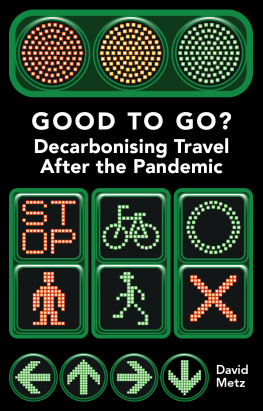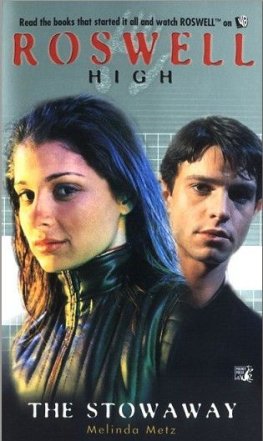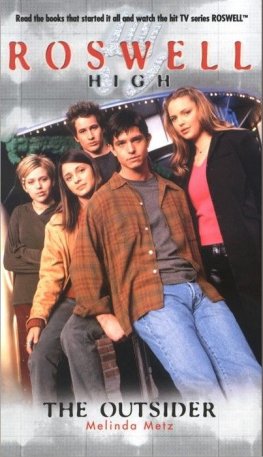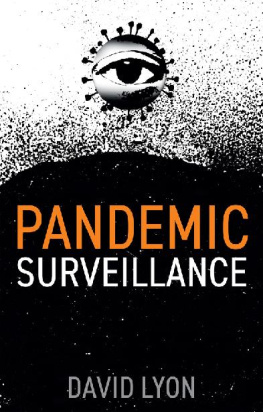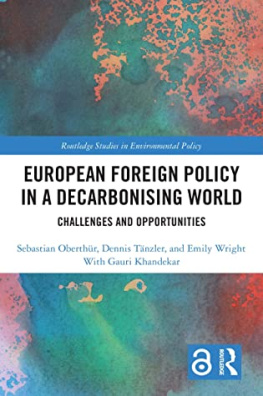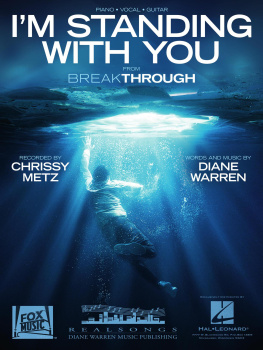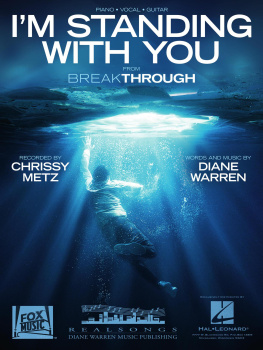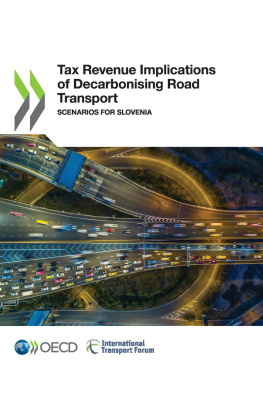David Metz - Good to Go? Decarbonising Travel After the Pandemic
Here you can read online David Metz - Good to Go? Decarbonising Travel After the Pandemic full text of the book (entire story) in english for free. Download pdf and epub, get meaning, cover and reviews about this ebook. year: 2022, publisher: London Partnership, genre: Politics. Description of the work, (preface) as well as reviews are available. Best literature library LitArk.com created for fans of good reading and offers a wide selection of genres:
Romance novel
Science fiction
Adventure
Detective
Science
History
Home and family
Prose
Art
Politics
Computer
Non-fiction
Religion
Business
Children
Humor
Choose a favorite category and find really read worthwhile books. Enjoy immersion in the world of imagination, feel the emotions of the characters or learn something new for yourself, make an fascinating discovery.
- Book:Good to Go? Decarbonising Travel After the Pandemic
- Author:
- Publisher:London Partnership
- Genre:
- Year:2022
- Rating:5 / 5
- Favourites:Add to favourites
- Your mark:
- 100
- 1
- 2
- 3
- 4
- 5
Good to Go? Decarbonising Travel After the Pandemic: summary, description and annotation
We offer to read an annotation, description, summary or preface (depends on what the author of the book "Good to Go? Decarbonising Travel After the Pandemic" wrote himself). If you haven't found the necessary information about the book — write in the comments, we will try to find it.
David Metz: author's other books
Who wrote Good to Go? Decarbonising Travel After the Pandemic? Find out the surname, the name of the author of the book and a list of all author's works by series.
Good to Go? Decarbonising Travel After the Pandemic — read online for free the complete book (whole text) full work
Below is the text of the book, divided by pages. System saving the place of the last page read, allows you to conveniently read the book "Good to Go? Decarbonising Travel After the Pandemic" online for free, without having to search again every time where you left off. Put a bookmark, and you can go to the page where you finished reading at any time.
Font size:
Interval:
Bookmark:
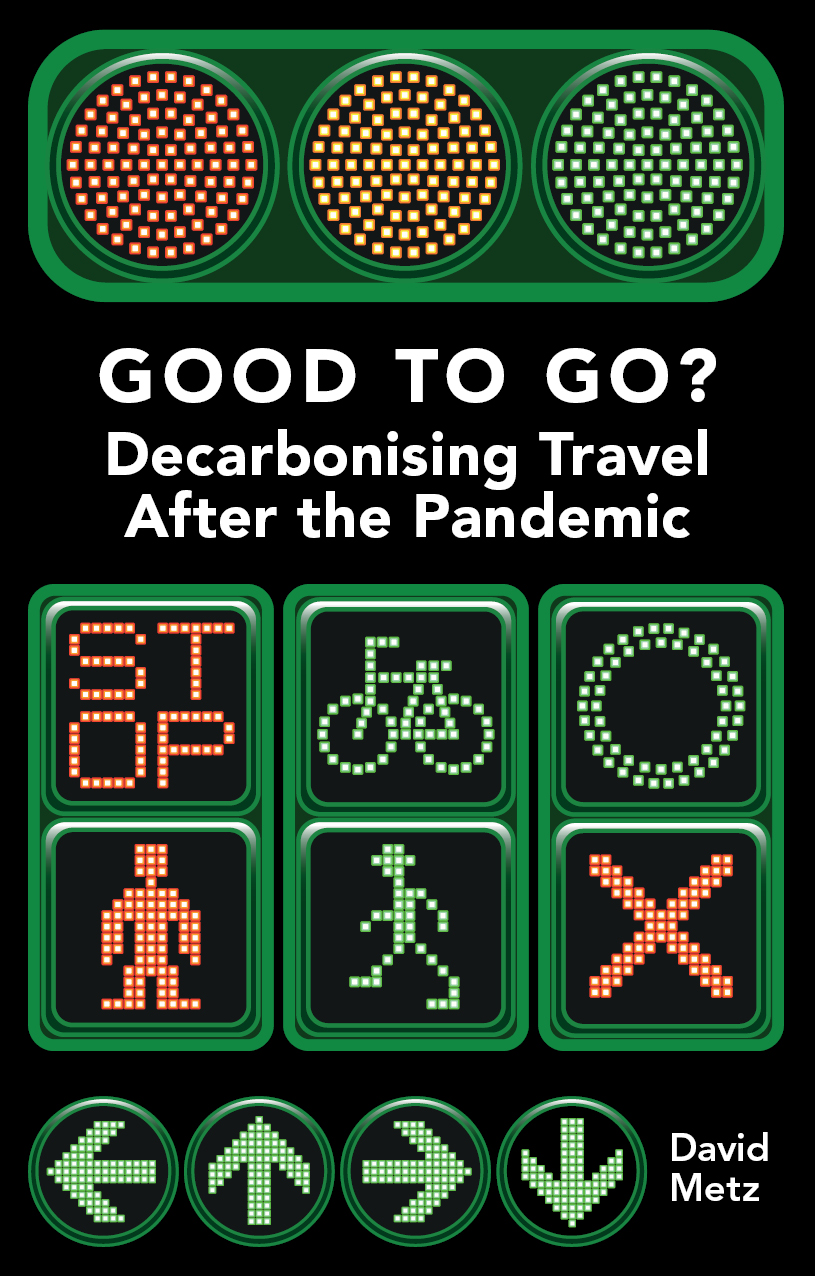
Good To Go? Decarbonising
Travel After the Pandemic
Series editor: Diane Coyle

The BRIC Road to Growth Jim ONeill
Reinventing London Bridget Rosewell
Rediscovering Growth: After the Crisis Andrew Sentance
Why Fight Poverty? Julia Unwin
Identity Is The New Money David Birch
Housing: Wheres the Plan? Kate Barker
Bad Habits, Hard Choices: Using the Tax
System to Make Us Healthier David Fell
A Better Politics: How Government Can Make
Us Happier Danny Dorling
Are Trams Socialist? Why Britain Has No
Transport Policy Christian Wolmar
Travel Fast or Smart? A Manifesto for an
Intelligent Transport Policy David Metz
Britains Cities, Britains Future Mike Emmerich
Before Babylon, Beyond Bitcoin: From Money That We
Understand To Money That Understands Us David Birch
The Weaponization of Trade: The Great Unbalancing of Politics and Economics Rebecca Harding and Jack Harding
Driverless Cars: On a Road to Nowhere? Christian Wolmar
Digital Transformation at Scale: Why the Strategy Is Delivery Andrew Greenway, Ben Terrett, Mike Bracken and Tom Loosemore
Gaming Trade: WinWin Strategies for the Digital Era
Rebecca Harding and Jack Harding
The Currency Cold War: Cash and Cryptography,
Hash Rates and Hegemony David Birch
Catastrophe and Systemic Change: Learning from the
Grenfell Tower Fire and Other Disasters Gill Kernick
Transport for Humans: Are We Nearly There Yet?
Pete Dyson and Rory Sutherland
Technology Is Not Neutral: A Short Guide to
Technology Ethics Stephanie Hare
Good To Go? Decarbonising Travel After the Pandemic David Metz
Good To Go? Decarbonising
Travel After the Pandemic
David Metz
london publishing partnership 
Copyright 2022 David Metz
Published by London Publishing Partnership
www.londonpublishingpartnership.co.uk
Published in association with
Enlightenment Economics
www.enlightenmenteconomics.com
All Rights Reserved
ISBN: 978-1-913019-61-7 (pbk)
ISBN: 978-1-913019-62-4 (iPDF)
ISBN: 978-1-913019-63-1 (epub)
A catalogue record for this book is
available from the British Library
This book has been composed in Candara
Copy-edited and typeset by
T & T Productions Ltd, London
www.tandtproductions.com
Contents
Introduction
Chapter 1
From where do we start?
Chapter 2
What is changing?
Chapter 3
Will investment solve our travel difficulties?
Chapter 4
Do new technologies hold the answer?
Chapter 5
How did the pandemic change travel?
Chapter 6
Building back better?
Chapter 7
How can transport be decarbonised?
Chapter 8
Is your journey really necessary?
References
Introduction
T he coronavirus pandemic has been a defining event of our times. This book is about whether and how we can achieve a positive legacy, rather than letting a good crisis go to waste.
The pandemic has been hugely disruptive to travel. The risk of infection in workplaces, in entertainment venues, on public transport and aboard planes has meant that we have travelled much less. This disruption to established travel patterns points to how our travel could change to ensure the transport system reduces its impact on global warming. Future travel must be sustainable.
So how much of our travel is really necessary? And will a combination of less travel and new technologies make travel sustainable?
The modern transport system, as it has developed over the past two centuries, has transformed our lives. The ability to travel at faster than walking pace, particularly by car, has hugely enlarged our horizons. We now need to ask whether the experience gained during the pandemic might make us willing to move at a slower pace and travel less in order to mitigate the environmental impact of our mobility, accepting some loss of access benefits as a consequence.
One objective that governments had at the start of the pandemic was to decarbonise faster by promoting walking and cycling, but this failed to prevent a rebound in car use. There are many ways of cutting transport sector carbon emissions, and a key question is whether reducing car use by changing peoples behaviour en masse is essential, or whether we can rely on technological developments electric vehicles in particular to achieve our goal.
The broad conclusion of this book is that while there is some scope for travelling less to work and for shopping, we are unlikely to voluntarily accept less access to the people and places we have become used to. We will therefore want to rely largely on technology to cut transport carbon emissions, but will that happen fast enough to meet our climate change objectives? And if not, will we need additional incentives to induce significant behavioural change change beyond that which the pandemic has brought about? These are the key questions addressed here.
The coronavirus pandemic has exposed transport systems to a major shock that has transformed travel patterns, at least temporarily and possibly in the longer term. The initial lockdown substantially reduced our access to people and places, lessening our opportunities and choices. Yet there were benefits, too: tailpipe pollutants were down, carbon emissions fell, noise moderated, urban air quality improved and traffic congestion diminished. But subsequently people felt safer while socially distanced in their private cars, meaning that traffic returned and the benefits of reduced traffic were lost.
Sharing space with others on crowded buses, trains and planes was always unappealing, but the pandemic increased this sense of discomfort, despite the efforts of the operators to decontaminate their vehicles and limit the number of people travelling. Some people coped by switching to active travel walking and cycling and many more by staying at home, whether working from home, shopping and meeting via the internet instead of in person, or viewing the ever-widening range of films and performances that are available online at modest cost. Overseas holidays were replaced by staycations at places accessible by car.
As widespread vaccination was achieved and we emerged gradually from social distancing and other measures intended to reduce transmission of infection, we began to see whether long-term changes in travel behaviour were likely. At the most desirable end of the spectrum would be changes that reduce the contribution of travel to climate change. Also very beneficial would be changes that ease the frustrating consequences of dense road traffic and peak-period use of public transport. The need to travel is reduced if we continue to do more domestically and are more flexible in the timing of trips beyond the home. The shock of the pandemic has shown us that there are alternatives to previous travel patterns, and indeed to travel itself. The question is whether the alternatives are superior, so that we do not revert to past behaviour. Will we see breaks in past trends of travel-demand growth?
The World War II poster in figure 0.1 was intended to discourage rail journeys by the general public at a time when the rail network was under great pressure. It was coping with bomb damage, with constraints on coal supplies, and with high demand to move troops, both as formations to new locations and as individuals travelling on leave. The same question was asked by Network Rail at the height of the pandemic, prior to Easter 2020: Is your journey necessary? Please only travel if it is essential. This question, asked at times of temporary stress on the transport system, needs to also be posed in relation to our present and continuing concerns about sustainability, and particularly the contribution of the transport system to climate change.
Font size:
Interval:
Bookmark:
Similar books «Good to Go? Decarbonising Travel After the Pandemic»
Look at similar books to Good to Go? Decarbonising Travel After the Pandemic. We have selected literature similar in name and meaning in the hope of providing readers with more options to find new, interesting, not yet read works.
Discussion, reviews of the book Good to Go? Decarbonising Travel After the Pandemic and just readers' own opinions. Leave your comments, write what you think about the work, its meaning or the main characters. Specify what exactly you liked and what you didn't like, and why you think so.

